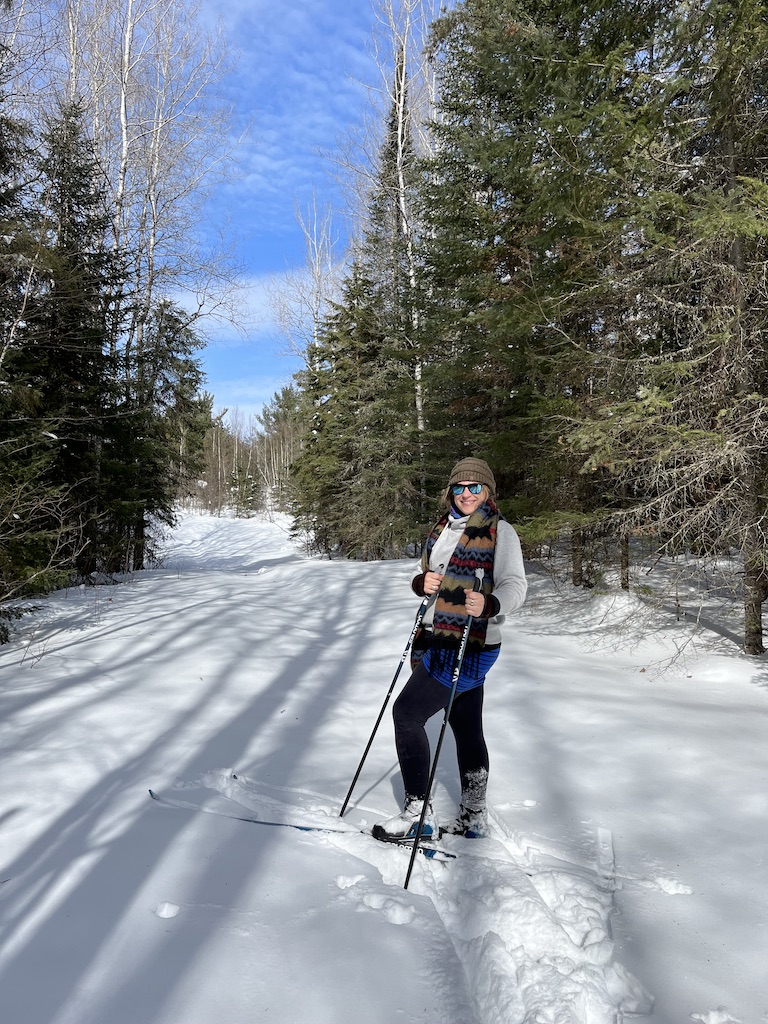
Do you have any plans for winter RVing? You may be wondering where RVers spend the winter or how you can make your RV more livable during the cold months.
RVers’ emotions can change dramatically when winter comes. Some RVers decide to stop traveling for the season. Some RVers view it as a time to move to Florida or to the desert southwest. For some RVers, it is the time they’ve been waiting for.
This guide is for you, your RV and the cold winter that’s coming. Harvest Hosts may be able to provide you with some insights and assistance as you decide what RVing you will do this winter.
How Hard is it to live in an RV or Camper in Winter?
Winter is the perfect season for those who love nature, slower paces, and less people. Camping in the winter, especially in colder climates, will give you a much-needed break from summer’s busyness.
The only downside of camping in winter may be the extra precautions that you will need to take. Winter RVing requires a bit more work to keep you, your family and your RV secure. Harvest Hosts believes it’s worth it. Here’s why.
Why RVing is a Good Idea This Winter
Camping in winter is a great way to get closer to nature with your family. There are many reasons to enjoy the colder air. Here are our top reasons to get on the road in winter.
Enjoy quiet moments and still nights
We can easily lose sight of nature’s patterns in the summer rush. Winter reminds us to slow down or pause for a while. The warmth of the sun on your shoulders while sitting outside in the cold is a reminder to appreciate what nature has to offer.
The Views
You might be surprised by the stars when RVers have left and the clouds are gone. While camping in RV parks or RVers, we don’t realise the light pollution that is around us. You might be able to catch a glimpse, depending on where you are.
The sky is not the only thing that can provide amazing views. The trees will be bare and the leaves will have fallen. This allows us to see further. Plus, these vistas can be more easily enjoyed when there are fewer people.
Fewer People
You will be able to enjoy the campgrounds with less people. While many RVers fear the cold and schools are full of kids, you can still have a great time. Camping is more fun when there are fewer people.
Off-Season Prices
Prices will drop as the number of people decreases. Camping grounds are usually cheaper and less competitive. Peak season pricing doesn’t increase fuel prices. There is more freedom to move in winter than in summer, because it’s easier to find campgrounds.
Different Outdoor Experiences
Winter RVing is a unique experience. You can go skiing, snowboarding or tubing if you park your RV near slopes. Perhaps you enjoy backcountry skiing, snowshoeing, or even snowmobiling. You might also enjoy winter hiking. You can choose from a variety of options.
You can have snowball fights with your kids, build giant snowmen or go sledding. After all this, you can enjoy some hot chocolate in your RV. This is an incredible opportunity.
Winterizing Your RV & Helpful Winter Maintenance
You will need to do some things before you put your RV away. Winterizing an RV involves protecting it against the freezing cold temperatures, as well as protecting it from animals. You may also want to do some maintenance during this time.
Keys To Winterizing Your RV
Winterizing your RV is all about removing water. Follow these tips and you’ll be ready for spring no time.
Remove All Water
By removing water from the RV house system, you can protect your RV plumbing pipes against cracking. The water expands when it freezes, and this can ruin your plans for spring travel.
Remove water filters
You will need to include your filters in the process of draining all the water out of your RV. The water can cause the housing to crack or mold growth in your filters. You can then replace them in the spring.
Drain the hot water heater
Your RV’s hot water heater is another area that should be drained. You will find a drain plug in your RV’s hot water heater. The drain plug can only be removed once the pressure is released by the hot water lines or the low points of each RV water pipe. You can find the low points in your RV manual.
Drain your Gray and Black Water Tanks
Take your time when you are doing the final dump of the year. Connect it and let it drain for a long time. Once you’ve allowed the system to drain, you can either use your cleaning wand to clean it or an external system.
Protect Your RV from Rodents
Winterizing is often done without considering this. The best way to protect yourself from rodents, is simply to not let them in. This is easier said than accomplished. You can improve the security of your RV by looking at these places.
Fill in any cracks, gaps or holes from below with silicone caulk or spray foam
Basement space should be separated from living area
Be sure to check around all wires, including electrical, plumbing, and other lines
The wires that run inside the exterior lights can leave gaps.
After you have made sure there are no gaps for mice to enter, you will still need to take additional precautions such as removing any food in the RV. Food should never be stored in an RV during the winter, especially if it is being put in storage.
You’ll need to start the RV every week, or at least twice a month, if it’s a motorhome. This will prevent animals from nesting in your engine and surrounding areas. This will also prevent rodents from eating RV wiring.
You can also use natural deterrents such as mothballs, essential oils or other deterrents in your RV. This will deter them from using your RV for a winter getaway, and hopefully will push them somewhere else.
Some good winter maintenance ideas
It’s also the perfect time to perform other maintenance. You may want to change the oil in your motorhome, or your generators. You might also want to clean the outside of your RV, and take care of the roof.
Prepare Your RV for Cold Weather
Some people choose to stay in one place and enjoy winter in their RV. We will examine some of the best methods to prepare your RV for winter, even if you decide to drive it in winter conditions.
Winter in One Location
People often choose to stay in their RVs during the winter to make it easier to control the temperature. There are many things you can to do stay warm and enjoy winter if you choose to stay put.
Use portable heaters
Electric or propane space heating is an excellent way to conserve propane and use campground amenities. It also allows you to direct heat exactly where you need it. Installing one in your RV’s basement can keep your floors toasty and prevent your pipes from freezing.
Insulate your RV windows
It is possible to travel and stay in the same place. Insulated windows are more helpful than you think. You can also get some extra plexiglass or insulated curtains to create barriers. You can attach plexiglass with double-sided tape if you decide to go this route.
Control Moisture
You will see a lot more condensation on your RV windows during the winter. Mold can grow on your window sills, and other parts of your RV when water drips.
Your RV will also be much tighter, and you won’t have the benefit of having windows open to let air flow through. You may also find that your dish and towel towels are smelling mildewy after cooking and showering. You can reduce the humidity in your RV by taking several steps. Dehumidifiers are one of the most effective ways to combat this problem.
Use a heated RV water hose
Winter camping is no exception. You need a heated RV waterhose. In extreme temperatures, water pipes and hoses may freeze.
How to Use an RV Skirt
RV Skirts act as barriers for the RV’s underside. This helps to prevent the wind from blowing under your RV. It is so insulated that some RVers use a heater here. The earth beneath, the RV above and the skirting on the outside all act as insulation. This is particularly useful for those who plan to stay in a single location for an extended period of time. You can buy or make several different types of skirts.
Traveling During the Winter months
You should be aware of the weather conditions that could cause you to have a bad time when you travel in winter.
RV Winter Tires & Chains
It is important to have good winter tires, just like you would for your car. You don’t want to be stuck in bad weather because of the rapid weather changes. You may find that tire chains are required by law if you decide to attempt a mountain pass. You should be prepared for this trip with tire chains, and know how to use them and remove them in a timely fashion.
Batteries for House and Cars
Batteries can be affected by the cold weather. During the winter, it is not uncommon for batteries to die. You can avoid a lot of headaches by checking your batteries in advance. You can also use a battery heater to regulate the temperature for optimal battery usage.
Driving Your RV
This time of year, it is important to be aware of some safety tips when driving your motorhome or RV. Reduce your speed and brake earlier. Be aware of the icy conditions.

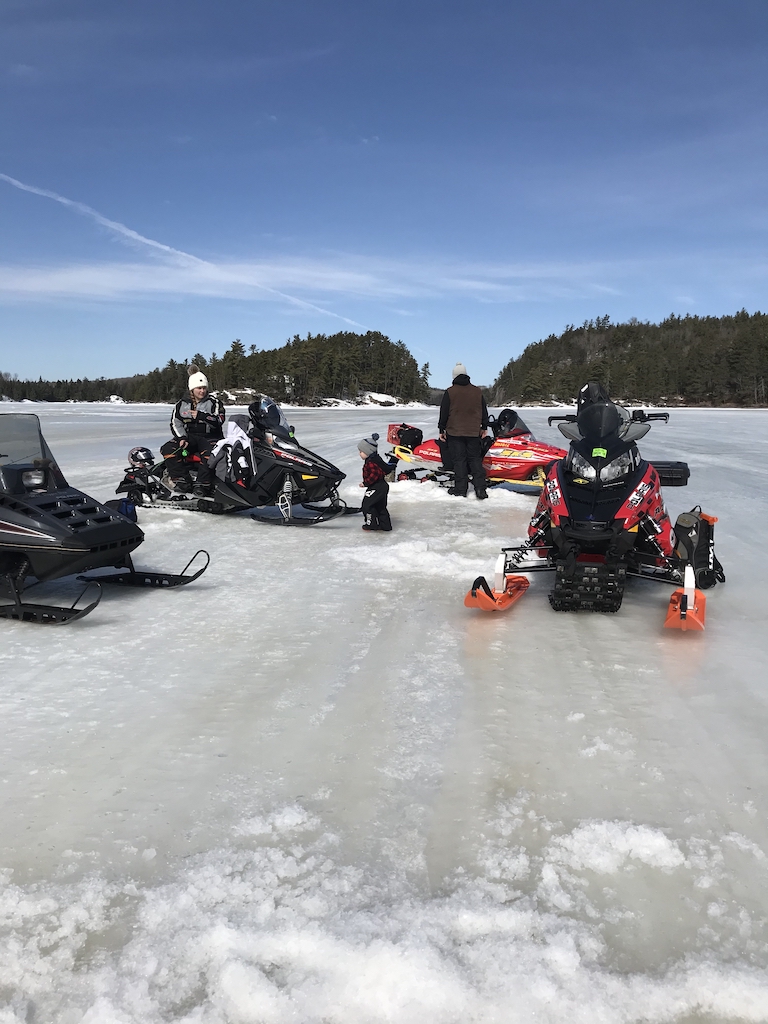
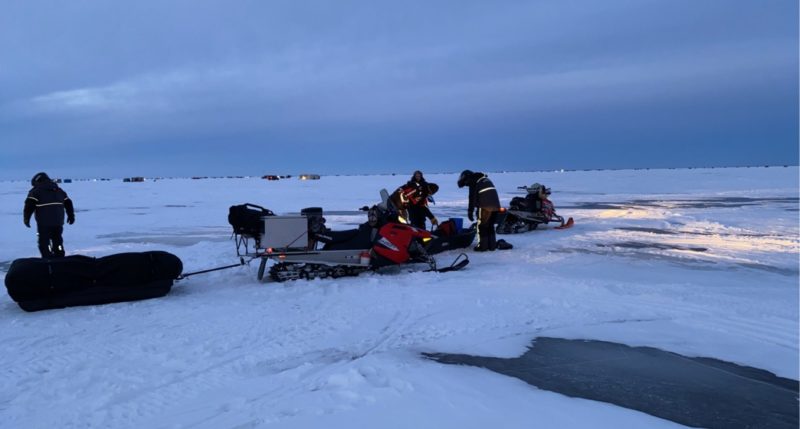
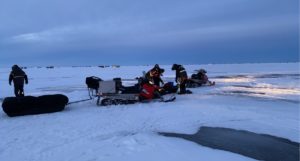 Many people store their RV in the winter, but others feel the need to get out on the roads. An RV is a great choice for a relaxing getaway. It’s also a cost-effective option for people who want to get out on the road. It’s also a great time of year to visit urban areas. Many cities have year-round
Many people store their RV in the winter, but others feel the need to get out on the roads. An RV is a great choice for a relaxing getaway. It’s also a cost-effective option for people who want to get out on the road. It’s also a great time of year to visit urban areas. Many cities have year-round 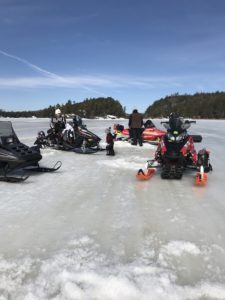 Are you interested in cold-weather camping? Wouldn’t it be great if you could park your RV near a ski hill or another great place for winter RV camping?
Are you interested in cold-weather camping? Wouldn’t it be great if you could park your RV near a ski hill or another great place for winter RV camping?
Recent Comments